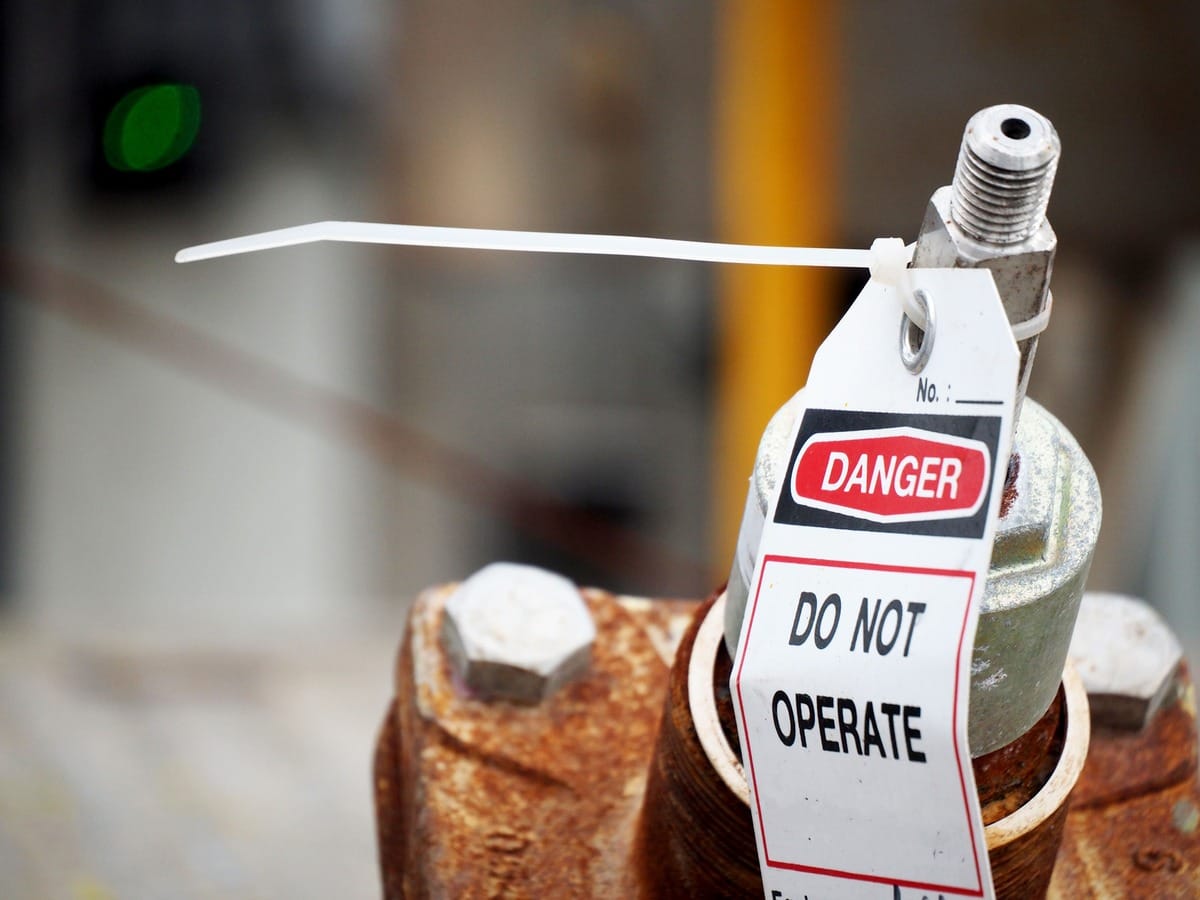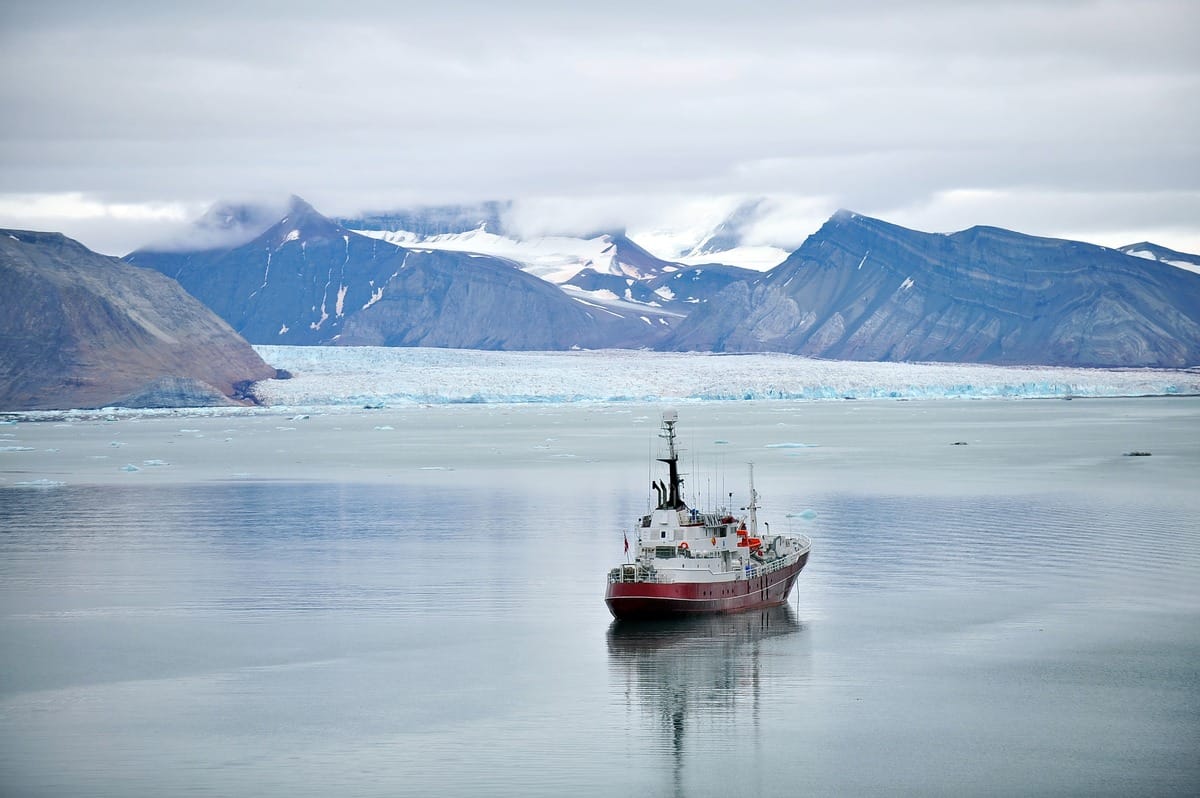The Swedish government has moved to ban discharges from exhaust gas cleaning systems (EGCSs) in Swedish territorial waters.
The post It’s official: Sweden bans scrubber discharges appeared first on Offshore Energy.
The Swedish government has moved to ban discharges from exhaust gas cleaning systems (EGCSs) in Swedish territorial waters.

As informed, discharges from open-loop scrubbers will be prohibited in Swedish territorial waters from July 1, 2025.
What is more, discharges from all types of scrubbers will be prohibited in Swedish territorial waters from January 1, 2029, the government said.
In line with the government’s marine environment bill, a memorandum containing a proposal to ban discharges from exhaust gas cleaning systems (EGCSs) was submitted in June 2024.
Related Article
-
Sweden prepares to ban use of scrubbers
Authorities & Government
The government has now agreed on the amendments to the regulations that are required for the ban to come into effect.
“We are now prohibiting ships from discharging scrubber water into Swedish waters. Most Swedish shipowners already use fuel with a low enough sulfur content without the need for scrubbers. But with this decision, no ships operating in our seas will be allowed to discharge scrubber water into Swedish territorial waters,”Andreas Carlson, Minister for Infrastructure and Housing, commented.
“Emissions from ship scrubbers are – even in very low concentrations – harmful to our marine environment. The use of scrubbers also increases total fuel consumption by around 2-3 percent, which also increases carbon dioxide emissions. When the government now bans emissions from scrubbers, we are taking an important step both for a better marine environment and for the climate,”Romina Pourmokhtari, Minister for Climate and Environment, said.
“This is very welcome news, and an important step to protect the marine environment and marine ecosystems along Sweden’s coasts. Scrubber water from ships is a significant and completely unnecessary source of environmentally hazardous substances in the marine environment, and something that all countries should address urgently,”Maria Granberg, Marine Ecotoxicologist at IVL Swedish Environmental Research Institute, noted.
Scrubbers are a type of cleaning equipment installed on ships to clean the ship’s exhaust gases so that what is released into the air contains relatively low levels of sulfur. Open-loop scrubbers—the most common type—then discharge the wash water with all the pollutants washed out of the exhaust gas into the sea. Even closed-loop scrubbers produce drain water with hazardous substances that can be released into the water.
“The government is continuing to work in various international contexts to ensure that these emissions are reduced in as large sea area(s) as possible,” the Swedish government added.
“It is positive and important that the government is working towards a global scrubber ban. The ocean has no borders and pollution spreads between different areas. A global scrubber ban would also mean that the highly harmful heavy fuel oil would have to be replaced by more eco-friendly alternatives. We should consider which fuels should be avoided and prioritised as a replacement for heavy fuel oil – that’s the next step,” Granberg stressed.
Both Sweden and Finland decided to ban emissions from scrubbers, and Denmark has also announced an upcoming ban.
Related Article
-
Denmark bans scrubber discharge from ships to prevent pollution of marine environment
Authorities & Government
In December 2024, the Parliament of Finland approved a bill that prohibits the discharge of wastewater from cargo vessels into the Baltic Sea within the country’s territorial waters. As informed, the new law, which will enter into force in July 2025, encompasses the discharge of wastewater as well as sulfur scrubber water and scrubber sludge into the Baltic Sea within the Finnish territorial waters.
Related Article
-
Finland bans cargo ships from releasing wastewater into the Baltic Sea
Authorities & Government
Read more
Content Original Link:
" target="_blank">
























































